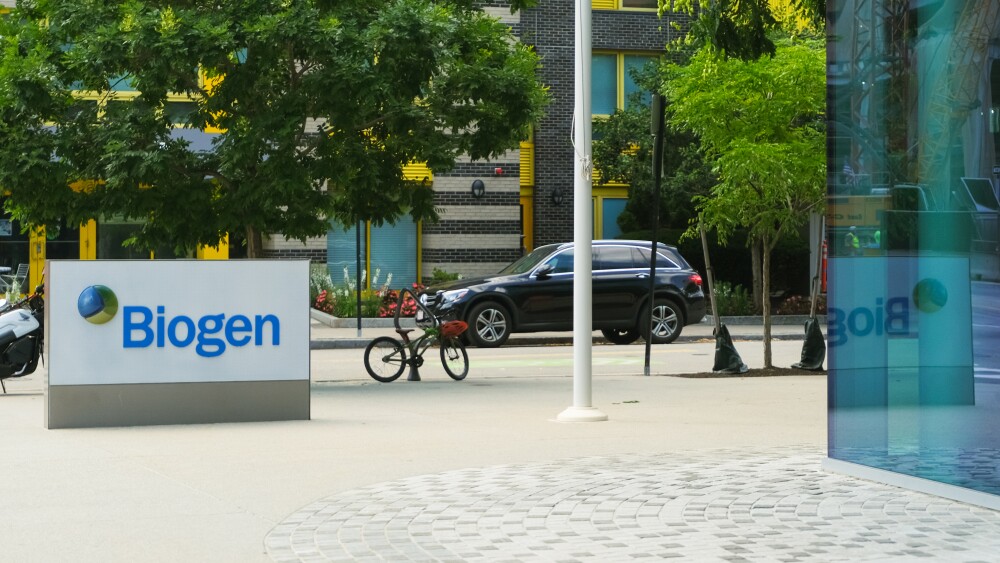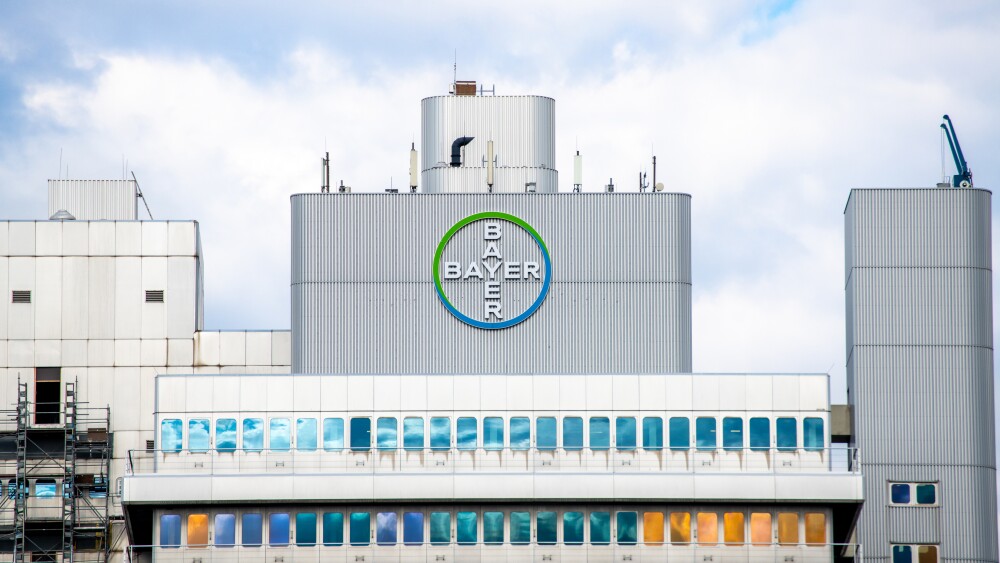Tristan is an independent science writer based in Metro Manila, with more than eight years of experience writing about medicine, biotech and science. Being formally trained in molecular biology, he once dreamed of collecting degrees and starting his own lab. But these days, he finds his greatest joy in a bottle of beer and a beautiful sentence. He can be reached at tristan.manalac@biospace.com, tristan@tristanmanalac.com or on LinkedIn.

Tristan Manalac
Contributing Writer | News















